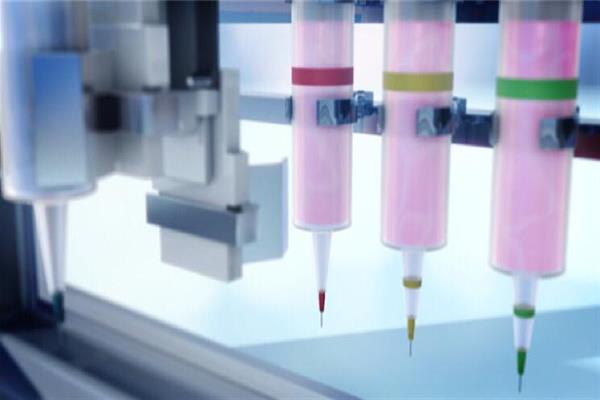In comments on Saturday, director of the laboratory network of the strategic technologies department of the Vice-Presidency for Science and Technology said university students and academic personnel can use a 3D bioprinting laboratory to carry out their projects.
Reza Asadifard said the advanced laboratory’s membership in the lab network of strategic technologies has allowed the local researchers to utilize its special apparatus to fabricate biological products with advanced techniques such as mechanical and pneumatic printing, thermoplastic 3D printing, cross-linking strategy for optical 3D printing, UV 3D printers, or special-purpose technical processes.
Highlighting the growing demand for organ transplantation, the low number of donors, and the progress in fabricating 3D printed tissues, Asadifard said the tissue engineering has made headways, but efforts are underway to form biological tissues with the same cellular structure as the human tissues.
The emerging process of 3D printing, which uses computer-created digital models to create real-world objects, has now produced biological tissues and is moving to fabricate living body parts.
